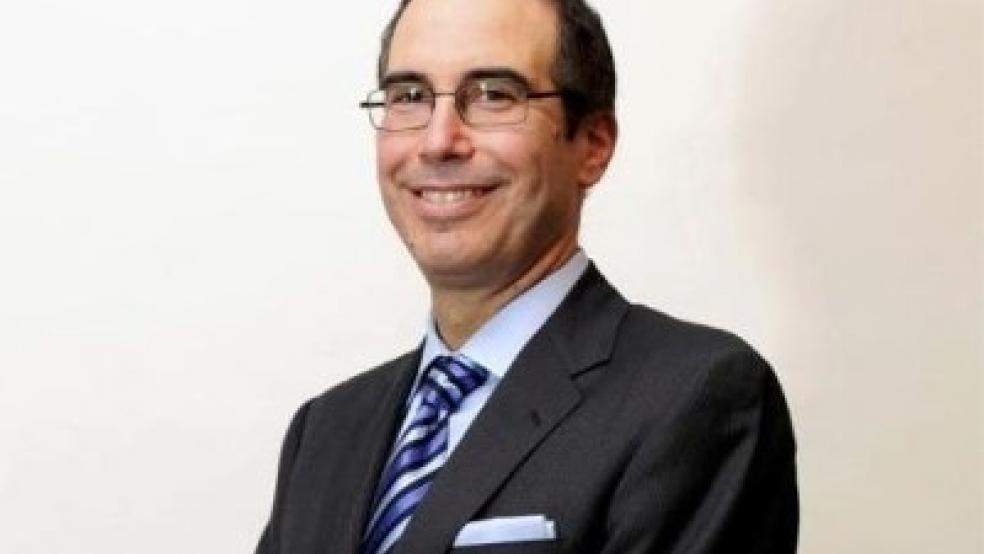U.S. mortgage finance companies Fannie Mae (FNMA.PK) and Freddie Mac (FMCC.PK) ought to be privatized as soon as possible but in a fashion that ensures they do not again threaten the financial system, President-elect Donald Trump's nominee to run the Treasury Department said on Wednesday.
Steven Mnuchin, in an interview on Fox Business Network, said restructuring Fannie and Freddie and wresting them from government control is a "top 10" priority for the next administration's economic team.
Related: Trump's Twitter Rants Create a New Risk for Stocks
“Absolutely. We’ve got to get Fannie and Freddie out of government ownership. It makes no sense that these are owned by the government and have been controlled by the government for as long as they have," Mnuchin said.
His comments sent shares of the two government-sponsored enterprises rocketing higher to their highest levels since September 2014. Both companies have been in U.S. government conservatorship since the 2008 financial crisis, when plunging home prices crippled their finances and threatened to bring down the U.S. financial system.
Mnuchin said Fannie and Freddie, which buy mortgages originated by banks and bundle them into debt securities, are "displacing private lending in the mortgage market."
"Let me just be clear, we’ll make sure that when they’re restructured they’re absolutely safe and they don’t get taken over again, but we’ve got to get them out of government control,” said Mnuchin, a former Goldman Sachs (GS.N) banker who Trump tapped on Wednesday to be the next Treasury secretary.
Related: Will Democrats Stand Up to Trump? Here’s Their First Test
The risk premiums, or yield spreads on Fannie and Freddie's bonds over U.S. Treasuries, held steady from late on Tuesday.
The government's control of Fannie and Freddie has been a focus of criticism from Republicans for years, as has the federal guarantee of Fannie and Freddie debt, which allows them to tap financial markets at interest rates comparable to U.S. Treasuries backed by the full faith and credit of the U.S. Treasury.
Still, repeated efforts since the crisis to reform the two and cut their ties to the federal government have foundered in Congress.
Market participants were skeptical that a full separation from the government is in the offing.
"People don't expect the government to just step away from the GSEs," said Larry Milstein, head of government and agency trading at R.W. Pressprich & Co in New York, using the acronym for government-sponsored enterprises.
Fannie shares were last up 32 percent at $4.08, while Freddie rose 31 percent to $3.99.
In 2008, as home prices collapsed, the government stepped in to prevent an outright failure of Fannie and Freddie, ultimately laying out about $188 billion of taxpayer funds to keep them afloat.
The two eventually returned to profitability as the housing market recovered and the taxpayer cost has been repaid in full. Now, the two deliver billions of dollars each year to the U.S. Treasury in the form of dividend payments.



